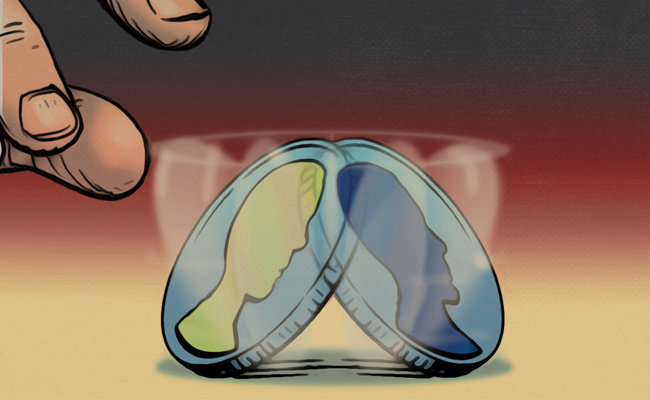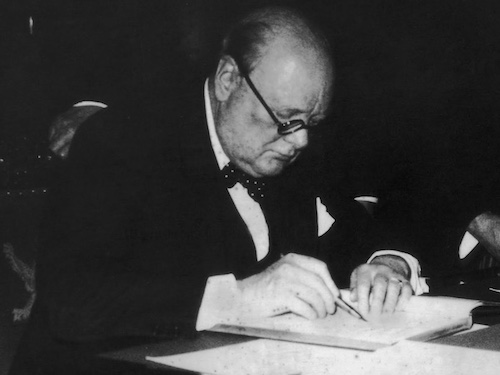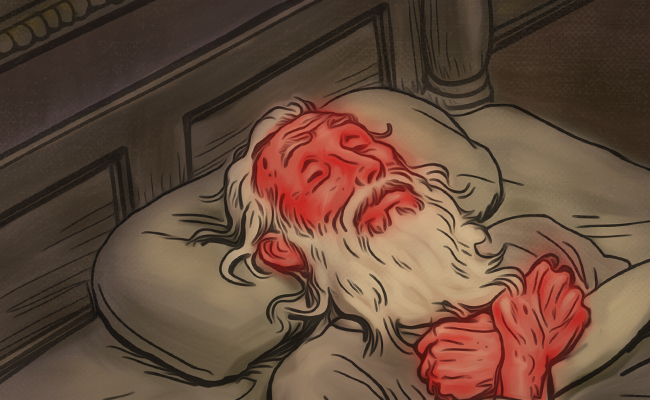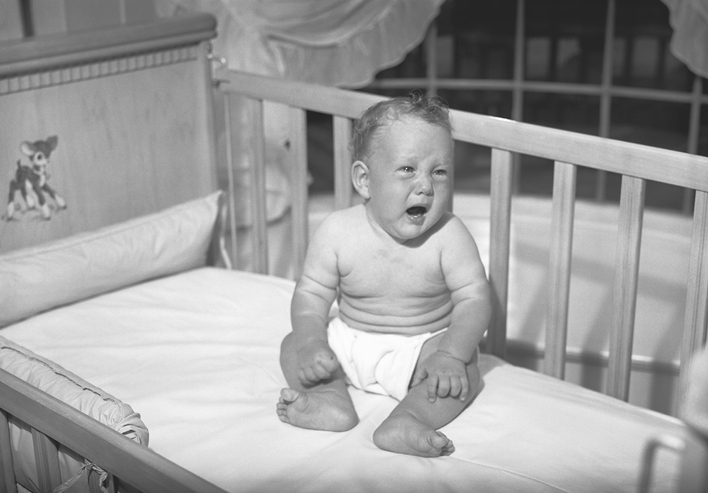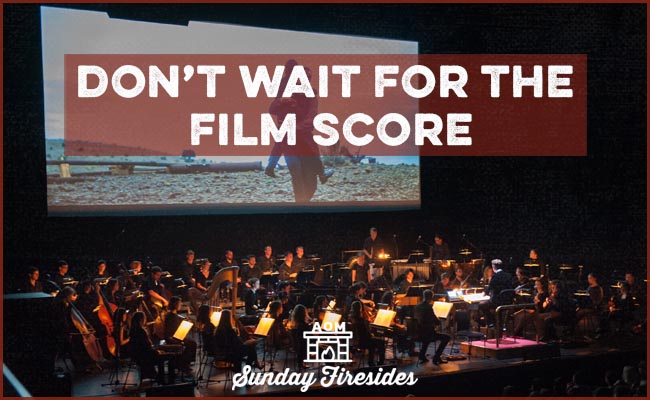
It’s a funny thing about the irruption of bad news into your life.
You figure it’ll be preceded by a sense of foreboding — an ominous, overcast sky; a pit in the stomach that won’t go away.
Instead, tragedy arrives amidst balmy, sunshine-soaked weather, after a pleasurable run, right before stepping into the couldn’t-be-more-routine shower. On a day that feels exactly like every other, there’s a knock on the door; a police officer standing there; the news that your loved one’s been in an accident, and you need to get to the hospital right away, because she’s fading fast.
Without the faintest warning, your life is cleaved into the before and after.
We are often encouraged these days to think of our lives as stories, and there can be something helpful in viewing ourselves as protagonists in our personal narratives.
But in so doing, we can forget one of the key ways that our lives are decidedly not like the movies.
In film, the coming of a significant turning point — for good or for ill — is typically well telegraphed.
In our lives, it rarely is.
A window-rattling thunderstorm won’t signal that something dramatic is about to happen. A change in lighting won’t let us know that a chance encounter will lead to lifelong love. An emotional soundtrack won’t broadcast the fact that when we hug our kids goodbye on some ordinary morning, it’ll be the last time we ever do.
You can’t count on cinematic-esque cues to announce an imminent plot twist. You have to be prepared to meet hardship at any time; know how to recognize and seize opportunity, even when it wears its typical workaday disguise; realize that even in the absence of a swelling musical score, this might be the phone call, the meeting, the sunny afternoon that changes your whole life.


